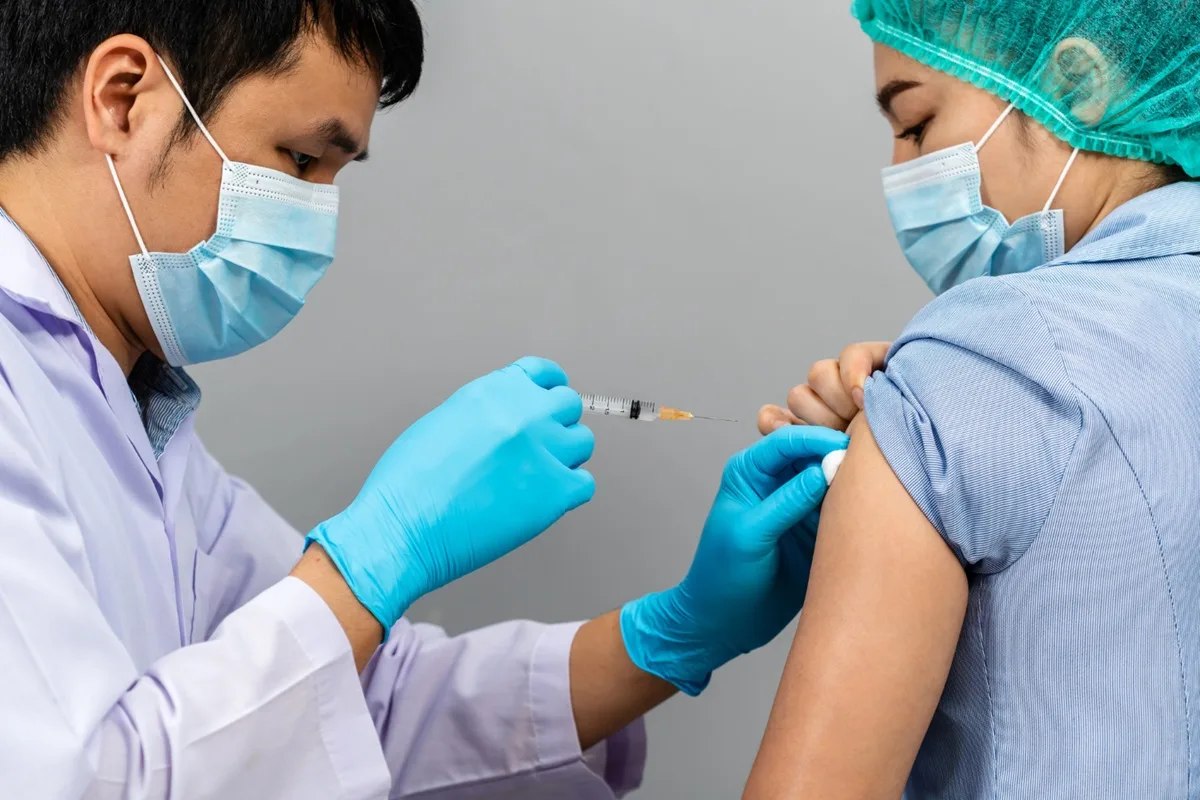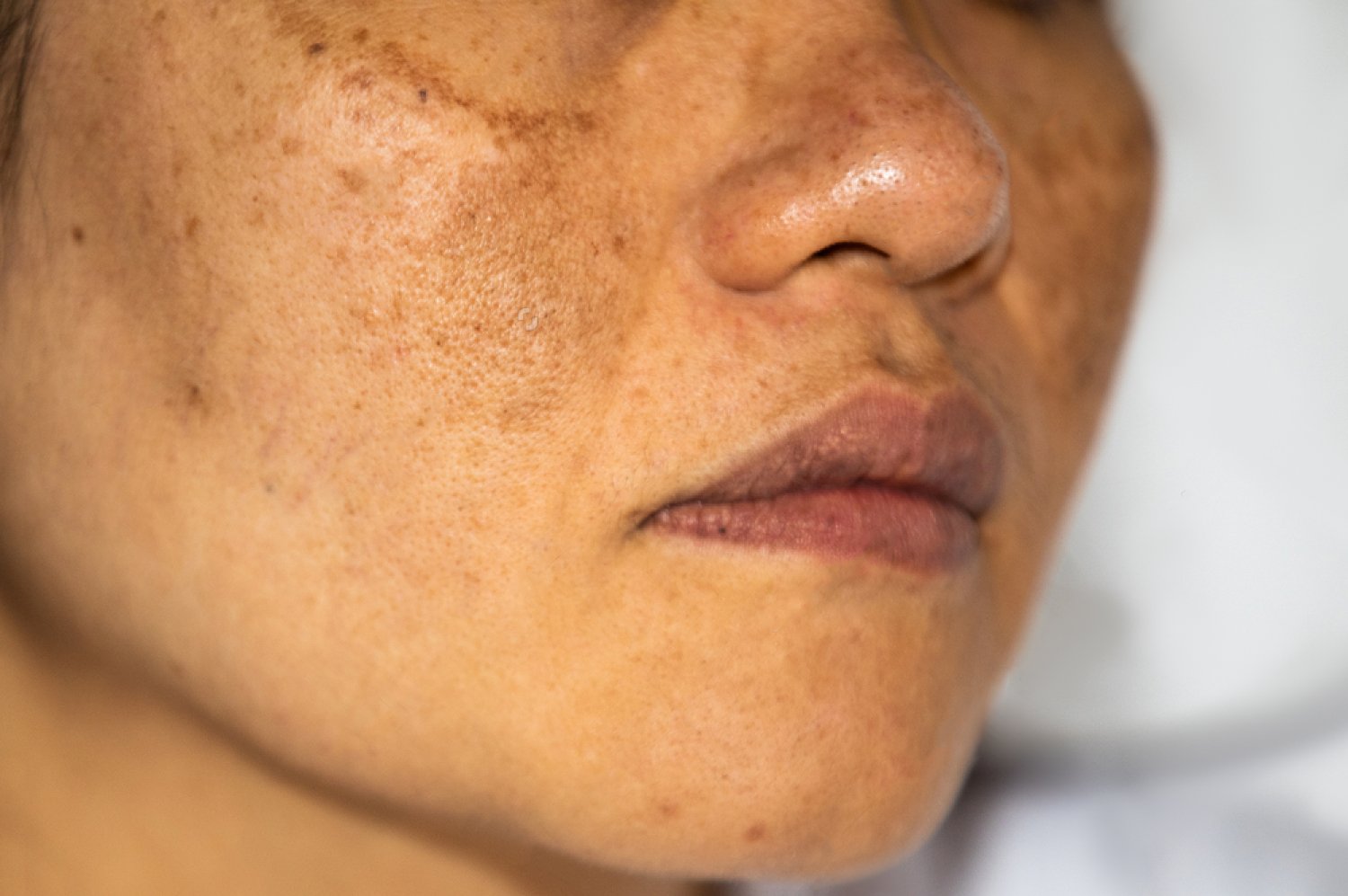Peptide therapy has gained significant popularity as a cutting-edge approach to enhancing health, longevity, and overall well-being. This innovative treatment involves the use of specific peptides—short chains of amino acids—that can stimulate various biological processes to promote healing, improve metabolic functions, and support aging healthily. As a non-invasive, customizable medical option, peptide therapy offers promising benefits for a diverse range of individuals seeking to optimize their health. When considering Peptide Therapy in Abu Dhabi, many wonder whether this treatment is appropriate for everyone. Understanding its suitability requires a comprehensive look into how peptides work and who can potentially benefit from them.
Understanding Peptide Treatment
What is Peptide Therapy?
Peptide therapy involves administering synthetic or naturally occurring peptides to target specific physiological functions. These peptides act as signaling molecules, prompting cells to perform certain actions like regenerating tissue, boosting the immune response, or regulating hormones. This therapy is tailored to individual health goals, whether to enhance muscle growth, improve skin health, or support metabolic balance. Its precision nature allows healthcare providers to customize treatment plans based on unique health profiles, making it a versatile option for many.
How Does Peptide Therapy Work?
Peptides communicate with cells through receptor sites, activating or modulating biological pathways. This targeted approach can stimulate the production of hormones, improve cellular repair, and modulate immune responses. For example, certain peptides may promote collagen synthesis for skin rejuvenation, while others can support fat metabolism or enhance sleep quality. The effectiveness of peptide therapy hinges on selecting the right peptides suited to each individual’s needs, which can be carefully designed by healthcare professionals.
Is Peptide Therapy Suitable for Everyone?
Factors Influencing Suitability
While peptide therapy offers many potential benefits, it is not necessarily suitable for everyone. Several factors influence whether an individual can safely undergo treatment, including age, overall health status, and specific medical conditions. Generally, individuals in good health with no contraindicating health issues are more likely to benefit from peptide treatment. However, those with certain allergies, autoimmune disorders, or on specific medications should seek professional consultation to assess safety and appropriateness.
Age and General Health Considerations
Peptide therapy tends to be more suitable for adults seeking to improve vitality, recovery, or aging-related concerns. While it is generally safe across various age groups, the treatment plan must be carefully tailored, especially for older adults or those with complex health conditions. A thorough medical evaluation helps determine if peptide therapy aligns with individual health goals and ensures the safety and effectiveness of the treatment.
Specific Medical Conditions and Contraindications
Certain medical conditions may influence the decision to pursue peptide treatment. For example, individuals with active infections, cancers, or severe immune system issues might need to avoid certain peptides that could exacerbate their condition. It is essential to consult with qualified healthcare providers who can evaluate underlying health issues, review current medications, and determine whether peptide therapy is appropriate.
The Role of Personalized Medical Assessment
Personalized assessment is critical in establishing the suitability of peptide therapy. Healthcare providers conduct detailed medical histories and diagnostic tests to identify underlying health factors, ensuring that the therapy aligns with individual health needs and goals. This tailored approach enhances safety and maximizes the therapeutic benefits of peptide treatments.
Potential Benefits of Peptide Therapy
Anti-Aging and Skin Rejuvenation
Peptides such as collagen-stimulating variants can support skin elasticity and hydration, helping to reduce signs of aging like wrinkles and sagging. This can lead to a more youthful appearance and improved skin health over time.
Enhanced Muscle Growth and Recovery
Certain peptides promote muscle protein synthesis, making them popular among athletes and fitness enthusiasts. They can support faster recovery after workouts and help maintain lean muscle mass.
Immune System Support
Some peptides bolster immune responses, helping the body defend against infections and illnesses more effectively. This can be particularly valuable during periods of stress or recovery from illness.
Metabolic Optimization and Weight Management
Peptides regulating appetite and fat metabolism can assist in weight management and improve metabolic health, contributing to overall wellness and energy levels.
The Importance of Professional Guidance
Customizing Treatment Plans
Since peptide therapy involves specific peptides tailored to individual needs, professional guidance is essential to develop effective treatment plans. Healthcare providers consider personal health history, goals, and biological responses to optimize outcomes.
Monitoring and Adjustments
Regular monitoring allows practitioners to assess treatment efficacy and make necessary adjustments. This ongoing process ensures that therapy remains safe and aligned with health objectives.
Ensuring Safety and Effectiveness
Expert supervision minimizes potential adverse effects and maximizes therapeutic benefits, emphasizing the importance of consulting qualified healthcare professionals experienced in peptide therapy.
Conclusion
While Peptide Therapy Abu Dhabi can be highly beneficial and suitable for a wide range of individuals seeking to improve their health and vitality, it is not universal. The decision to pursue peptide treatment should be based on a thorough medical evaluation and personalized treatment planning by qualified healthcare providers. For healthy adults aiming to support aging, boost recovery, or enhance overall wellness, peptide treatment can be a safe and effective option when appropriately administered. Always consult with healthcare professionals to determine whether this innovative therapy aligns with your individual health profile and goals.
FAQs
1. Who should avoid peptide treatment?
Individuals with active infections, autoimmune disorders, or certain chronic conditions should consult their healthcare provider before considering peptide therapy to ensure safety and appropriateness.
2. Can teenagers undergo peptide therapy?
Peptide treatment is generally recommended for adults, and its safety and efficacy in teenagers are not well established. Medical consultation is essential before considering treatment for younger individuals.
3. How long does it take to see results from peptide therapy?
Results vary depending on the specific peptides used, individual health status, and treatment goals. Some people notice improvements within weeks, while others may require longer-term therapy for optimal benefits.
4. Is peptide therapy safe for pregnant or breastfeeding women?
Pregnant or breastfeeding women should avoid peptide therapy unless prescribed and supervised by a healthcare professional, as safety data in these populations is limited.
















Leave a Reply